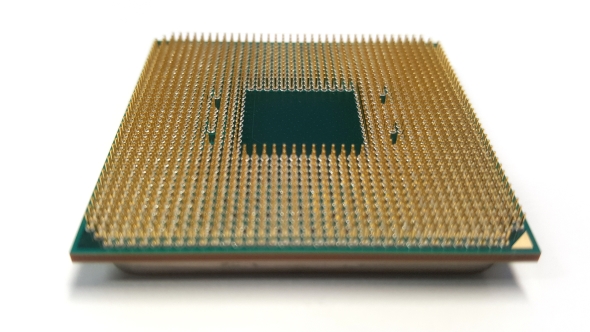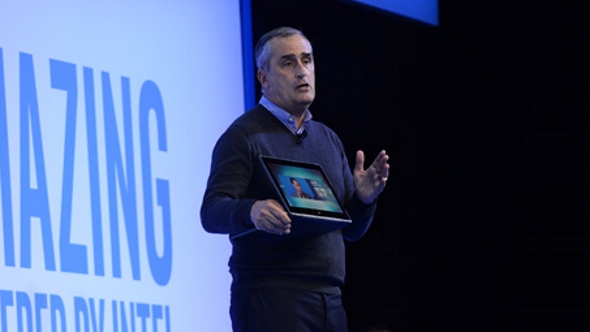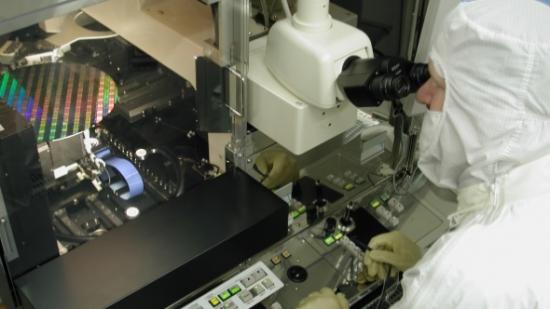Update January 31, 2018: In AMD’s fourth quarter earnings call, AMD president and CEO, Lisa Su, clarified that Spectre would indeed see an in-silicon fix with their upcoming Zen 2 architecture.
Check out our pick of the best CPUs for gaming right now.
“We have included changes in our future processor cores, starting with our Zen 2 design, to further address potential Spectre like exploits,” Su says.
The Zen 2 architecture is expected in 2019 on either TSMC or GlobalFoundries’ 7nm process node, while the next-generation of 12nm Ryzen second-generation chips to arrive before that will hit the shelves in April.
Su also reiterated that Spectre variant one will be dealt with through mitigations within operating systems, and that the Meltdown issue is not applicable to AMD processors. Variant two will see CPU microcode deployment to attempt to lessen the threat of the flaws – which Intel have similarly already released, although so far has caused some random reboot issues.

Original story January 26, 2018: Intel’s CEO has promised that future CPUs released this year will contain a silicon-based fix to the combined threat of the Spectre and Meltdown security threats. Finally, some good news for people looking to upgrade their PCs this year… though maybe it’s only really exciting if you run a data centre.
On the back of Intel’s end of year earnings report last night Brian Krzanich took the opportunity to reassure investors that they were on top of the security holes that have scared the bejesus out of the tech industry over the last few months.
“We’re working to incorporate silicon-based changed to future products that will directly address the Spectre and Meltdown threats in hardware,” explains Krzanich. “And those products will begin appearing later this year.
“I’ve assigned some of the very best minds at Intel to work through this and we’re making progress.”
The security problems have been widely publicised since they were first publicly unveiled at the start of the year. Realistically the problems aren’t going to be a big issue for most of us PC gamers, unless we like to run the odd data centre and rely heavily on virtualisation.

There is a small performance hit for Intel’s CPUs when you have the current software patch installed (though for Haswell and Broadwell platforms it seems Intel is recommending not installing the fix) but I would expect that the benefits of building a fix into their future chips at a silicon level should eliminate the small performance dip related to it.
Intel have also said that they don’t expect the hardware fix to have any material impact on their spending on future product or the actual cost of manufacturing.
“We’ve baked in, and we’ve talked about, that we don’t expect any material impact of this security exploit on our spending or product cost or any of that,” says Krzanich.
We don’t know what impact the panic surrounding Intel’s processors is going to have on their eventual 2018 bottom line, but after a record revenue achieved last year – which Krzanich is calling “the best year in Intel’s history” – it will be interesting to see what, if any, impact these security concerns will eventually have.
